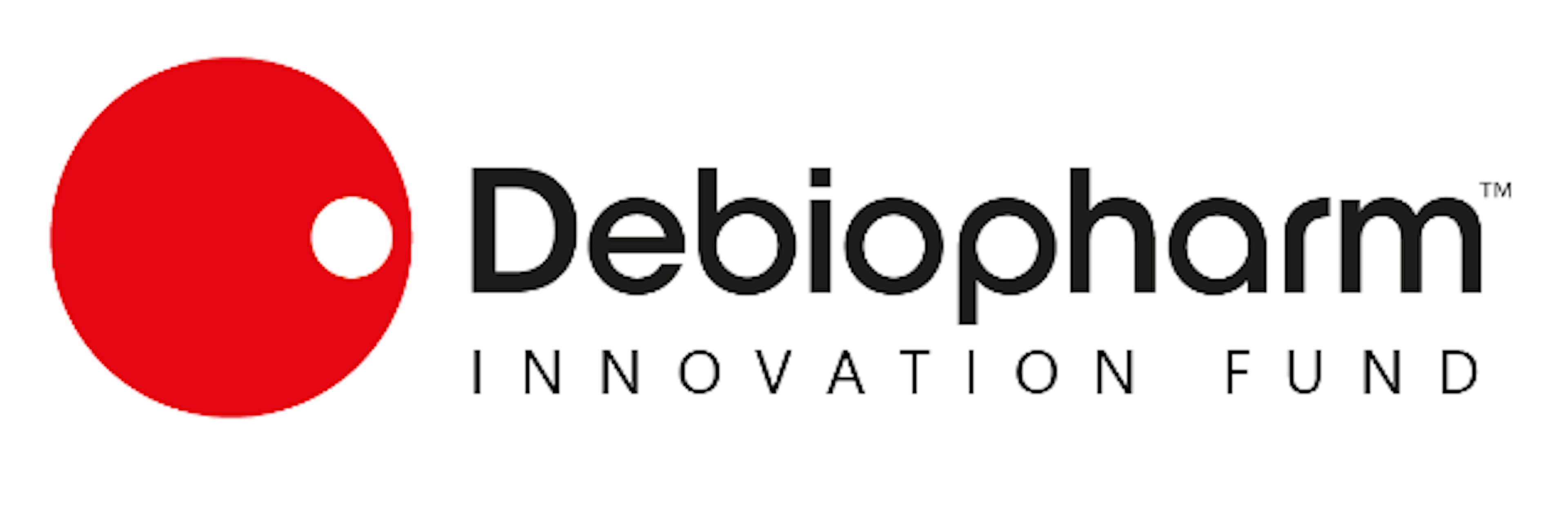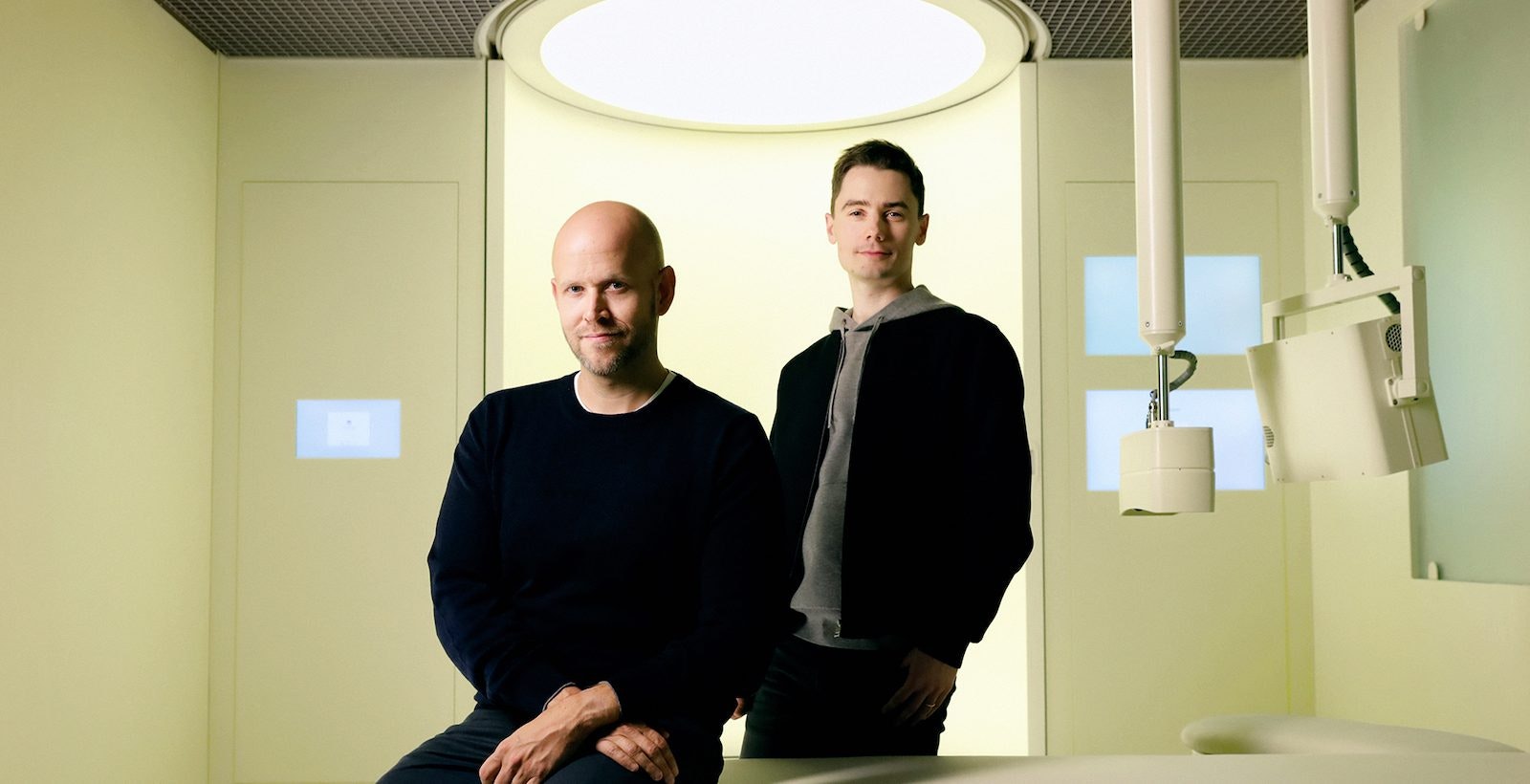Drug development spending is at an all-time high. In 2023, Deloitte estimated the average cost of developing a new medicine among the top 20 global biopharma companies rose by 15% from the previous year — by $298m to $2.3bn.
Challenges with clinical trials — a critical piece of the process which proves new therapy is safe and effective — are only adding to these rising prices.
“Clinical trials are becoming more complicated and complex every day. More is [being] requested from the studies and more data points are now required,” says Vincent Lepreux, investment principal at Debiopharm Innovation Fund, the strategic venture capital arm of Swiss biopharma company Debiopharm.
Costlier trials mean higher prices, which hurts patients. For therapies that achieve clinical approval, the price may be too high for payers — whether insurers or social security systems — to cover. The more insidious problem is that promising drug candidates never enter the clinical trial because the economics do not work, such as diseases with smaller patient populations.
“Patients are ultimately paying the high costs of marketed drugs, or of not being able to afford the treatment,” says Anca Copaescu, CEO at Strategikon Pharma, a company seeking to modernise clinical trials.
Complex and opaque
From recruiting enough patients to ensuring all of the materials, manufacturing protocols and facilities are delivered on spec and on time, clinical trials are costly, logistically complex endeavours.
One of the biggest driving sources of the cost surge is clinical development inefficiency.
Over recent decades, the pharmaceutical industry has turned to vendors, called contract research organisations (CROs), to help deliver trials, but the process of engaging with CROs and negotiating costs has been inefficient and opaque.
Biopharmaceutical companies are, on average, overpaying more than 20% per trial, over $10bn annually, in outsourcing costs, according to estimates by Copaescu. This, she says, is down to factors including inefficient onboarding and poor negotiation tactics. Some CROs also pad out their costs, and pharma companies have no data to assess competitiveness.
“One of the biggest driving sources of the cost surge is clinical development inefficiency, yet no one speaks about it publicly, and little to nothing is invested in understanding its causes or conceiving the solutions that would accelerate the time to market for innovative drugs while also lowering costs,” says Copaescu.
What’s the solution?
Strategikon Pharma is trying to bring much-needed transparency to clinical trial costs. Its platform, Clinical Maestro, offers tools for planning and outsourcing, and financial, contract and vendor management of clinical trials, allowing pharma companies to analyse clinical costs.
How can you conceive of buying billions of dollars of clinical research without benchmarking pricing data?
That is a far cry from current practices. For instance, most companies rely on historical cost databases that are obsolete post-Covid due to inflation, says Copaescu.
“How could they conceive of buying billions of dollars of clinical research without benchmark pricing data in today’s age of pricing transparency?” she says. “It puzzles me that the industry is slow in adopting benchmarking technology when the advantages of pricing intelligence are innumerable, and the evidence of savings is irrefutable.”
Outsourcing admin is manual-intensive, relying on siloed data and Excel spreadsheets. Copaescu likens the status quo to buying a house without any reference transactions or scenarios.
“Wouldn’t you look at similar houses and comparable transactions? Then how can you conceive of buying billions of dollars of clinical research without benchmarking pricing data?” says Bouchra Afdili, head of sourcing and vendor management at Debiopharm. “Some companies provided generic tools for specific services but not for CROs.”
Leveraging complex algorithms and AI that compare clinical trial costs, Clinical Maestro allows pharmaceutical companies to evaluate CRO prices more easily. Its large database of standardised outsourcing bid data also lets CROs benchmark against industry averages.
Transparency punishes overpriced CROs and rewards those with fairer pricing and more transparent cost structures.
“Once we have transparency and cost comparisons, we can leverage and give them [CROs] more. The way to make money will not be by hiding costs but by getting more volume. This will be the new way of clinical trials,” says Afdili.
Lepreux agrees, adding that transparency cost data can be a help and not a hindrance for CROs: “They can check whether their price is [aligned to the] market and benchmark their prices against industry averages. This makes overpriced CROs less able to compete”.
Looking at Europe
Headquartered in San Francisco, Strategikon Pharma, with clients in the US, Europe and Japan, recently closed an over-subscribed $7m Series A round. Debiopharm Innovation Fund is backing the firm as part of its effort to reimagine drug development R&D across Europe.
Our vision is to unleash an end-to-end modular platform that automates clinical trial planning.
“We want to transform pharma and healthcare through several angles. One relates to clinical trials operations and development,” says Lepreux. In 2024, the projected revenue of the pharmaceutical industry in Europe is over $194bn. Debiopharm Innovation Fund currently has 18 portfolio companies, all focused on powering R&D transformation in pharma and cancer care innovation.
Since its first module was launched in 2009, Strategikon Pharma has invested heavily in internal R&D, releasing, on average, a new module annually, benefitting more than 40 customers. Users have reported a more than 75% reduction in outsourcing efforts and efficiency gains in clinical study planning. For instance, one customer cut the time to plan and budget a clinical study from several weeks to less than five minutes.
Copaescu describes Clinical Maestro as a market maker for the last unoccupied vertical in clinical development: business infrastructure support.
“Our vision is to unleash an end-to-end modular platform that automates clinical trial planning, budgeting, and everything that comprehensive outsourcing entails, such as CRO selection, negotiation, contracting, performance management and regulatory oversight compliance,” she says.
The firm expects it to save the industry at least 50% of the current annual cost of running clinical business infrastructure, equating to over $5bn.




